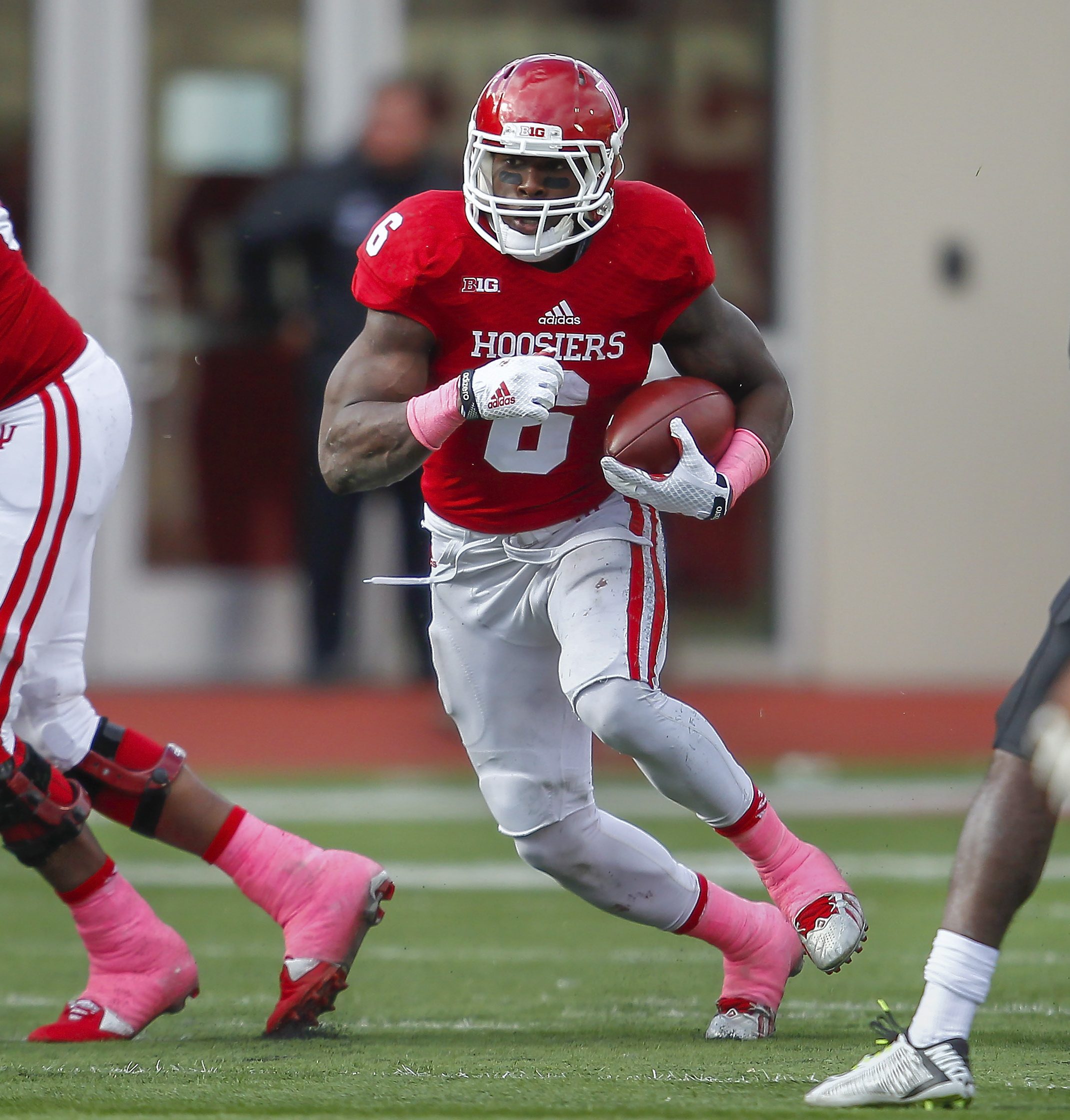As a dangerous and significant winter storm bringing heavy blowing snow, winds gusting up to 55 miles-per-hour and wind chills low enough to cause frostbite makes its way to the Chicago area, the National Weather Service is warning that road conditions later this week are expected to be "life threatening."
But blizzard-like conditions or not, many travelers and commuters may not be able to stay put inside.
According to the Illinois Tollway, and estimated 1.7 million vehicles are expected to use the tollway system on both Wednesday and Thursday.
According to AAA, 113 million Americans -- 5.8 million in Illinois alone -- are expected to travel 50 miles or more between Dec. 23 and Jan. 2.
And according to the Chicago Department of Aviation, approximately 2.9 million air travelers are expected to pass through O'Hare and Midway International Airports between Dec. 21 and Jan. 2.
Wednesday at 11 a.m., the Chicago Office of Emergency Management and Communication is scheduled to provide an update from more than a dozen agencies on storm and safety preparedness across the city, which NBC 5 will stream in the player above once it begins. If you are traveling this week -- whether that means by air, taking a road trip or just driving to a friend's house nearby -- here's a breakdown of what to know.
Local
Expected Road Conditions
According to the National Weather Service, a combination of heavy snow and strong, 55 mile-per-hour winds could lead to blizzard-like conditions.
Feeling out of the loop? We'll catch you up on the Chicago news you need to know. Sign up for the weekly Chicago Catch-Up newsletter.
An NWS winter storm watch alert beginning as early as Thursday morning warns that "falling and blowing snow may result in white-out conditions with zero visibility at times, making travel extremely difficult, if not impossible."
"Travel conditions will likely rapidly deteriorate on Thursday AM through the afternoon from west to east," the NWS goes on to say. "A flash freeze may cause icy roads during the accumulating snow."
Additionally, power outages could come as a result of strong wind gusts, and roads are likely to "quickly become as ice covered as temperatures fall."
According to forecast model, wind chill temperatures could drop as low as -35 degrees, creating the potential for frostbite.
"Dangerous cold is still a hazard even when traveling," the NWS warns.
You can track Illinois road conditions here.
Metra
A Metra spokesperson tells NBC 5 that on Friday are expected to run on a Saturday schedule, with morning Express trains stopping at all stations.
"In very cold weather, switches can freeze and must be heated individually," Metra says, of its lines. "Snow plows are also used on tracks to clear the way."
A specific schedule for Friday will be posted Wednesday evening, Metra says.
City Plows and Winter Overnight Parking Ban
Chicago's Department of Streets and Sanitation, which manages 9,400 miles of roadway says its fleet of than 300 snow vehicles are "fully prepared to respond to winter weather events."
"DSS is also prepared with 425,000 tons of salt," a press release from the city's Office of Emergency Management Communication says.
You can track Chicago's plows here.
Beginning Dec. 1, a winter overnight parking ban went into effect, which impacts 107 miles worth of streets across the city -- and is imposed whether there is snow on the ground or not. Winter Overnight Parking Ban" goes into effect, which impacts 107 miles worth of streets across the city.
Signage is permanently posted along the affected routes, the city says, and vehicles parked in prohibited areas between 3 a.m. to 7 a.m. will be towed in an effort to keep the roads clear of snow and ice.
A map of impacted streets can be found here.
O'Hare and Midway International Airports
If you're flying out of O'Hare or Midway International Airports later this week, you might want to consider changing your flight, experts say.
"I would be proactive," said travel influencer John DiScala, who runs the travel website Johnny Jet. "Get on it now; save yourself a miserable experience. Stay warm. Stay home or in your hotel, then travel."
According to the Chicago Department of Aviation, approximately 2.9 million travelers are expected to pass through O'Hare and Midway International Airports between Dec. 21 and Jan. 2.
"We have 500 staff members who are ready to work 24/7, and 350 pieces of snow removing equipment," said Karen Pride, a spokesperson for the CDA said. "Lots of salt and lots of de-icer for the roadways. The airlines are prepared to de-ice their aircraft."
If your flight is canceled or delayed, there are actions you can take, but you may want to act fast.
"If you go to the airport and the flight keeps getting delayed and then canceled, all those seats that were going to be taken for a few days later are going to be gone," DiScala said.
As of Monday night, several major carriers offered changes to certain itineraries for no fee. Here's a breakdown:
- American Airlines: No change fee for scheduled flights between Dec. 21 and Dec. 23
- Southwest Airlines: No change fee for scheduled flights between Dec. 21 and Dec. 23
- United Airlines: No change fee for scheduled flights between Dec 22 and Dec. 25
"If [airlines] are offering you a travel waiver where they will change your ticket for free, no charge, and put you on a couple of days later after the storm, get on it now while there are still seats available, if there are still seats available" DiScala said.
To check the status of your flight, head to the flight tracking website flightaware.com and simply enter your flight number. Flight tracking is also available on Midway Airport's website, as well as O'Hare's. Information about delays in real time can also be found on the Chicago Department of Aviation's website.
What to Do if You Become Stranded On the Highway
"If your car ends up disabled, try to move it as far off the road as possible," the Illinois Department of Transportation says. "Set your hazard lights to flashing, and hang or tie a colored cloth to your antenna, window or door."
Here are other tips IDOT recommends:
- If your vehicle becomes stuck in snow, call a tow company. Be sure to know your milepost and approximate location. It is possible that you could be stuck in your vehicle for several hours
- As part of your winter survival kit, you should have a tow rope with loops on both ends. If possible to be pulled out of the snow, use this instead of a chain, as those can more easily slip, become dislodged and potentially cause serious damage or injury
- STAY IN YOUR VEHICLE. Do NOT set out on foot unless you can see a building close by where you can take shelter
- Run your engine for approximately 10 minutes every hour or so to help keep the interior of your car warm. Turn on the dome light while running the engine to avoid draining the battery
- When staying in the vehicle, be sure that the exhaust pipe is not blocked by snow
- When the engine is running, crack a window for ventilation
- Be sure not to waste battery by using the radio or the interior lights when the car is not running.
Additionally, if you are on an Illinois Tollway road, dial *999.
IDOT also recommends traveling with a winter storm survival kit, including items like a cell phone and charger, blankets, flashlights with extra batteries a first-aid kit, waterproof matches, jumper cables and more.



